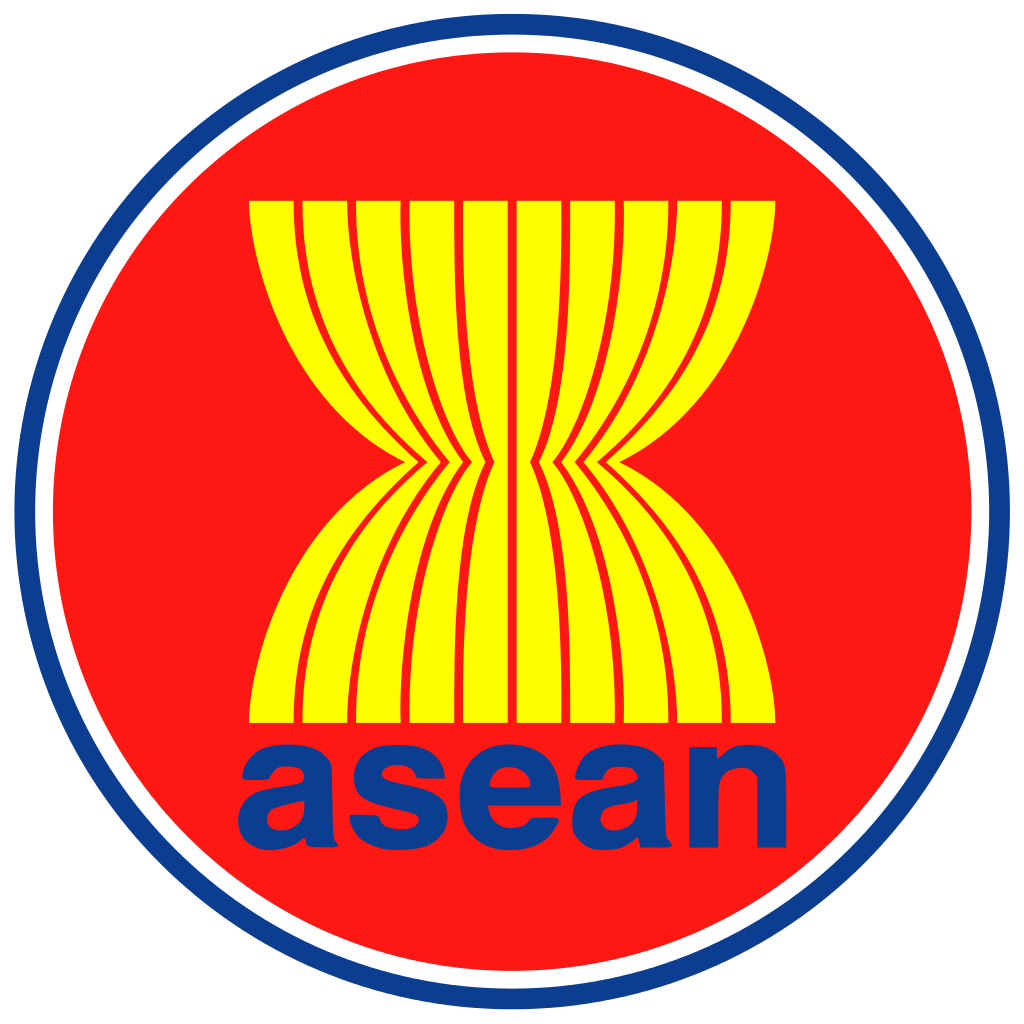
AsemconnectVietnam - Conceived in 2003, the ASEAN Single Window (ASW) is a digital platform that aims to connect and integrate national single windows across ASEAN. Through the exchange of documents digitally, customs clearance will ideally be simplified and expedited.
The streamlined electronic submission process for cargo clearance enabled by the single window programme is estimated to lower the transaction cost of trading goods across the region by 8%
Since its launch 15 years ago, progress has been somewhat stilted with little headway being made. Today, only five of the ten ASEAN countries, namely, Singapore, Malaysia, Thiland, Vietnam and Indonesia, are using the ASW to exchange e-ATIGA Form D (basically an ASEAN Certificate of Origin) in the ASW.
All other documents that are needed for a shipment are still transmitted electronically or manually – outside of the ASW. If ASEAN wants to realise this ambitious but extremely relevant and necessary initiative, ASEAN would have to adopt an approach that combines practicality with political willpower.
Benefits of ASW for Businesses
Streamlined process for transporting goods within ASEAN
Paperless clearance at customs, leading to efficiency and predictability of supply chains
Real-time updates in government-to-government, government-to-business or business-to-business communications which would help minimise disruption in supply chains
Easier for industries to comply with government regulations (especially in different jurisdictions).
Reduced cost of doing business – One-time submission of digital documents can help traders avoid duplicative administrative processes and re-use data like export declarations easily
The current dwell time when cargo arrives at an ASEAN port is unacceptably lengthy. For example, the clearance process in Indonesia takes more than three days. With the ASW, cargo should ideally be pre-cleared when it leaves the port of origin of an ASEAN member state’s port and be pre-cleared before it arrives at the port of destination.
ASW integrated with National Single Windows (NSW)
Many countries have or are implementing NSWs. TradeNet is Singapore’s National Single Window for trade declaration and was launched on 1 Jan 1989 and it is now developing a new system it calls the National Trade Platform (NTP) which looks to be ready for launch in 2019.
The United States has the Automated Commercial Environment (ACE) Single Window. ACE has partnered with more than 47 government agencies and automated 269 forms required for imports and exports. The digital platform has enabled near real-time decision making by the relevant government agencies. As a result, the waiting time at land border stations for trucks has been reduced by 44%.
Hoping for ASEAN countries to all use the same NSW platform and then interfacing these to an ASW would be wishful thinking. What could however happen is for all NSW’s to integrate with each other using API’s or other existing technology interfaces and protocols.
Policymakers should strive towards devising interoperability between individual NTPs.
Public-private Cooperation
Private sector involvement is integral to ensure Trade Platform and Single Window usability. In the age of digitilisation businesses should be able to conduct electronic communications with government agencies effortlessly.
An interoperable ASW could also serve as the gateway to country or global trade systems as illustrated in Figure 1.
Political Will Needed to Open the Window
Decision-making based on consensus has served the region well. However, the search for unanimity may slow down the effectiveness of realizing the ASW. Furthermore, capitalising on opportunities in the digital age requires agile governance and regulations.
Although modifying “the ASEAN way” is unlikely in the near future, member states should at least set realistic but aggressive timelines for implementing the ASW. More importantly, member states should be resolute in adhering to the agreed deadlines. A practical work plan needs to be matched with an appropriate dedication of human and financial resources.
With the persistence of the status-quo in decision-making, the best hope for the ASW to become fully-fledged lies in the political will of member states’ leaders. The prevalence of graft is likely to impede political support for the ASW. Automating border clearance would demand increased transparency in conducting intra-regional trade, limiting the avenues of corrupt practices. Cracking down on rampant corruption is undoubtedly a tall, but necessary, order for ASEAN to achieve greater economic integration and growth.
Thankfully, ASEAN has seen its fair share of effective, albeit heavy-handed, leaders who have exemplified the adage of “when there’s a will, there’s a way”. Singapore owes its cleanliness reputation to the draconian laws on littering devised by founding father Lee Kwan Yew. In recent memory, the Philippines President Duterte’s controversial war on drugs and crimes (including corruption) has been hailed by the masses as a success for improving their standards of living. If policymakers can muster a similar level of political commitment as these strong-willed leaders to implement and achieve far less lofty goals than the ASW, there will be hope that the next phase of implementation will not take another 15 years.
How Other Stakeholders Can Push For ASW
There is unfortunately no ‘stick’ to compel member states to meet deadlines. Nonetheless, the trade community in each member state can pressure trade policymakers. The reduced red tape in cross-border trade, especially eradicating the submission of repetitive information, will be of extra benefit to small and medium enterprises (SMEs), who are often resource strapped. Since SMEs account for more than 95% of business establishments in ASEAN, the immense opportunities brought about by the ASW makes it a cause worth fighting for.
As the fourth-largest market for U.S. exports, USAID, the foreign aid arm of U.S. foreign policy, has been funding the ASW since 2008. The United States would stand to gain from the success of the ASW especially if there is integration between the ASW and the U.S national single window system.
Towards Greater Economic Integration
Given that ‘a chain is only as strong as its weakest link’, the success of the ASW is dependent on the quality of NSWs of each member state. The ASW has only experienced incremental progress thus far. Member states should take advantage of digitalization and be relentless in accelerating the progress of the ASW. The grit needed to underpin the ASW will be worthwhile as success of this milestone will bring the region closer to the coveted goal of establishing a common market.
Source: logisym.org






